For almost three decades, we’ve been told by doctors and health practitioners to limit our sun exposure. Just like eggs yolks and cholesterol, a fear of too much sun and the risk of skin cancer was instilled in the general population. Unfortunately, more sunscreen and less sunshine hasn’t improved our health. In fact, it’s gotten worse.
Something that likely started with good intentions eventually morphed into a completely excessive use of sunscreens to protect ourselves from skin cancer.
New research is highlighting that NOT getting enough sun exposure can be just as bad for you as smoking! (1) That’s a powerful statement, so let’s take a closer look at the studies and find out what the right dose of sunshine is for you.
Want naturally radiant skin? We’ve created a FREE guide to give you the best tips & tricks for natural skincare.
Click here to get your FREE copy of our Skincare Guide!
Doesn’t the Sun Cause Skin Cancer?
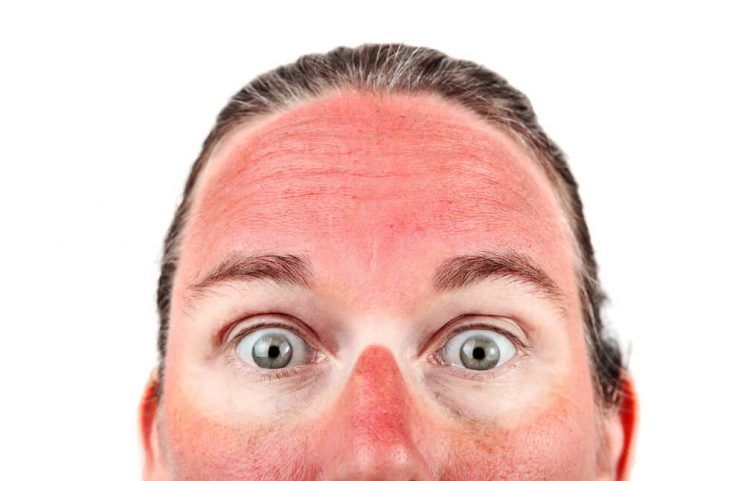
Recently, the British Journal of Dermatology concluded that the marked rise in cases of skin cancer in the 1990s had less to do with sun exposure—and more to do with changes in the diagnosis of skin cancer. Researchers call it “diagnostic drift,” which is a fancy term that describes how doctors in the 1990s started lumping in noncancerous (i.e. benign) lesions with cancerous ones. (Previously, they were separated.) (2) In fact, sun exposure may actually help you prevent skin cancer and heal more quickly if you already have skin cancer. (Yes, really!)
How is that possible? Well, the original research was done in northern Australia, an area that provides constant, strong sun exposure throughout the year. A group of individuals live there who ancestrally migrated from northern Europe.
What we know now is that extrapolating that information and then applying it to countries that only get a few months of strong sun exposure every year (e.g., Canada, England, and Sweden) is faulty logic. Similarly, using the original research of populations with predominantly fewer melanocytes (cells that produce melanin), and applying it to other populations with more pigmentation is also poor logic.
In short, they got it wrong. The good news is that new research is uncovering just how important the sun is for your overall health and vitality.
The New ‘Light’ on Sunshine Research

Between 1990 and 1992, Dr. Pelle Lindqvist, MD, of Karolinska University in Sweden had his research team recruit almost 30,000 women between the ages of 25-64. They tracked their health status over the next 2.5 decades. They found that women who got the most sun had a lower risk of cardiovascular disease (CVD), diabetes, multiple sclerosis, and lung disease—compared to those who avoided the sun.
They concluded that avoiding the sun could subtract 0.6-2.1 years of your life expectancy. How’s that for turning the “sunshine” argument on its head?
The researchers also found the benefits were dose-specific: The more sun you get, the more the benefits increase. However, it’s important to remember that it’s an observational study, so it highlights an association between lack of sun exposure and disease, not causation. (There could be a number of different factors that lead to this improvement; people who get more sun tend to eat more healthily and exercise more regularly.)
Some confusion was added to the list of their findings because skin cancer rates did in fact increase, but those patients exposing themselves to sun had much better survival rates. Studies in Ireland confirm that a Vitamin D deficiency makes skin cancer more dangerous. (4) How is that possible? The answer likely lies the dosage.
More Benefits of Sun Exposure
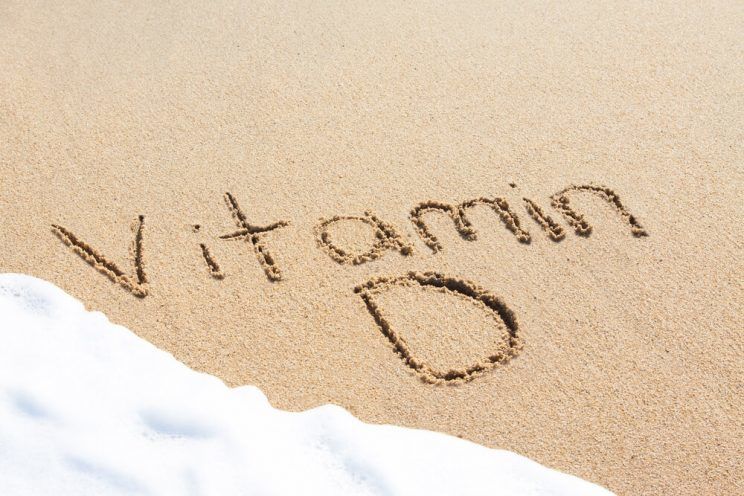
Cancer Prevention
Sunlight is your body’s best source of Vitamin D, which has been shown to be protective against more than a dozen cancers. In fact, the Canadian Cancer Society performed a large, randomized, placebo-controlled study, and they found that it may help cut the risk of cancer by 60%. (5) (6)
Better Blood Pressure
If you live in colder, darker climates (e.g., northern cities in the United States, Canada, or England), then the research shows you’re more likely to suffer from hypertension than people who live in warmer, sunnier climates closer to the equator. (7)
Lowers Inflammation
Inflammation is a common root of many chronic diseases. Therefore, cooling inflammation should be a high priority for anyone trying to improve their health. Exposure to sunlight has been shown to reduce the effects of cardiovascular disease (CVD), and experts think that Vitamin D’s impact on lowering inflammation may play a key role. (8)
Sets Your Circadian Patterns
Exposure to first morning light is a signal to your nervous system to wake up and get ready for the day. Recent research on modern-day hunter-gatherer tribes (e.g., the San in southern Africa, the Tsimane in Bolivia, and the Hadza in Tanzania) has highlighted the powerful impact of waking with the rising sun and going to sleep not long after sunset. (9)
Despite these tribes averaging only 5.7-7.1 hours of sleep per night, they sleep deeply and have superior overall health. (In fact, they have no words to describe “insomnia”; it does not exist in these groups.) Disrupted circadian patterns have been shown to leave you more prone to fatigue and inflammation, and they can even change the balance of bacteria in your gut from “good” to “bad”. (10)
What Is The Right Amount of Sun?

The right amount of sun for you involves the approach that maximizes the benefits of additional sun exposure, while limiting the potential harms. The following is a short list of tips to help you find the right dose:
- Never let your skin burn.
- If you have fair skin, aim for approximately 10-15 minutes of sun exposure—enough to make your skin very light pink (but never red or burned).
- If you have darker skin, you need more sunlight. Aim for anywhere from 20 minutes to 2 hours, depending on the individual. (Again, never let your skin burn.)
- Get exposed to morning sunlight daily.
- Get outside! Sunlight is the purest form of vitamin D.
- If you know you’re going to be outside all day, then cover your face and nose with sunscreen during the hottest parts of the day.
Getting outside in the fresh air and sun could be the most Paleo of all lifestyle factors. It should be a staple in your life. Enjoy!
(Read This Next: 8 Natural Sunburn Remedies)


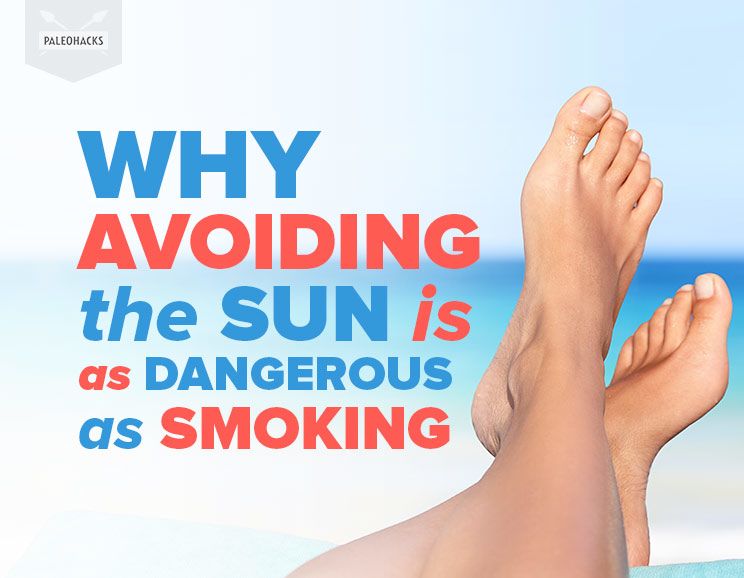
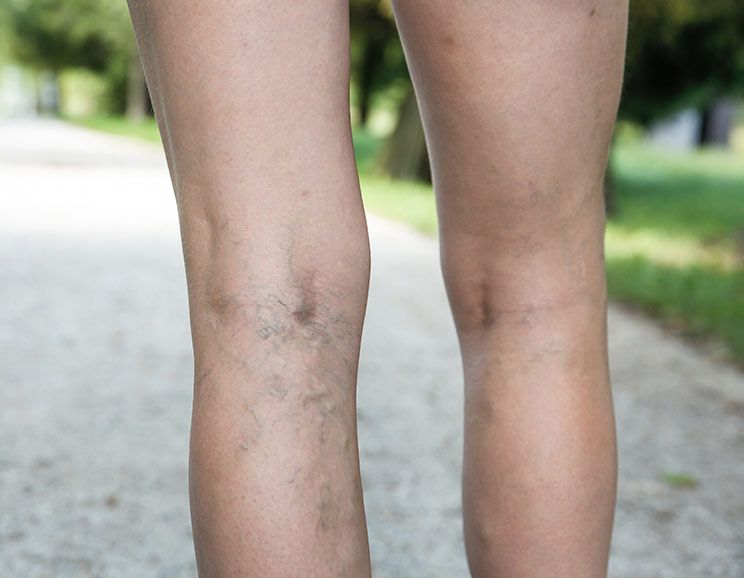 Varicose Veins: Causes, Natural Remedies and Prevention
Varicose Veins: Causes, Natural Remedies and Prevention
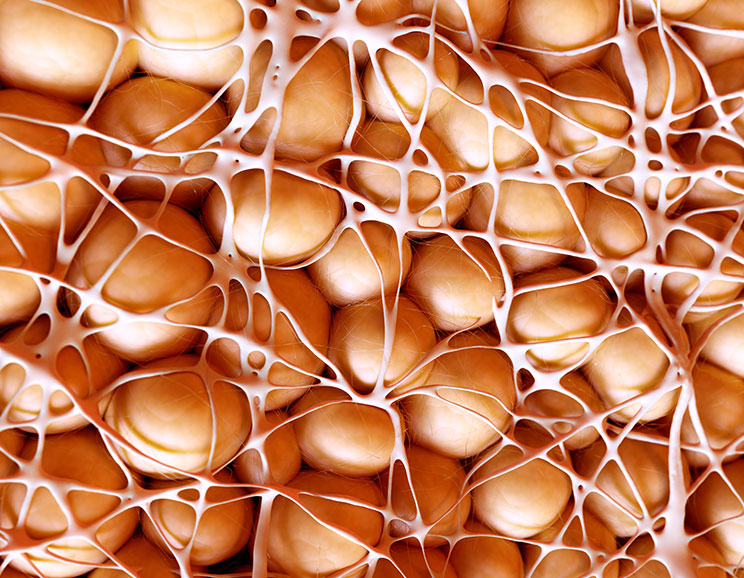

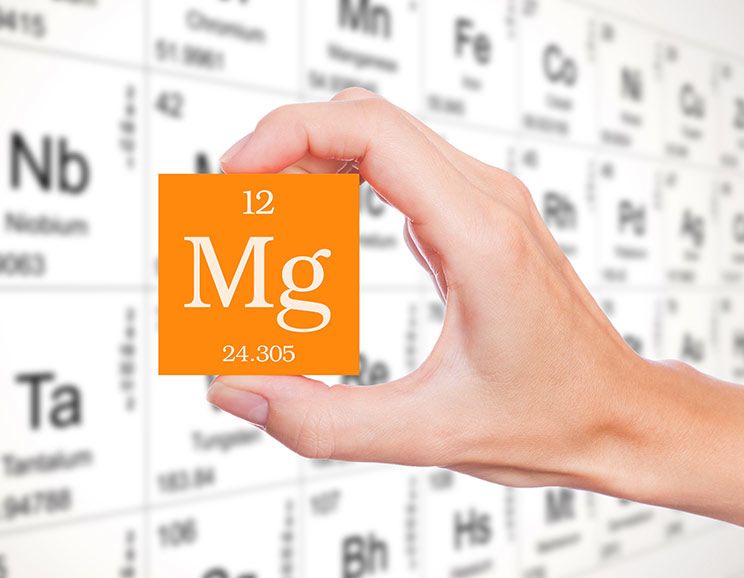


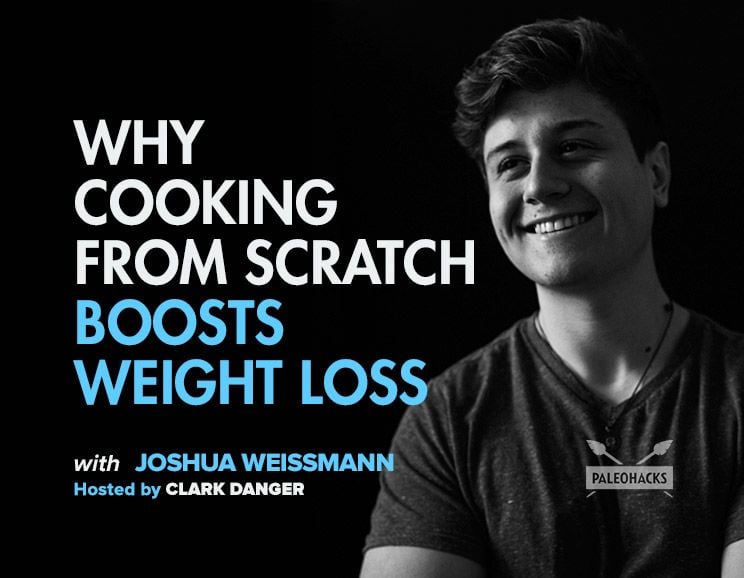
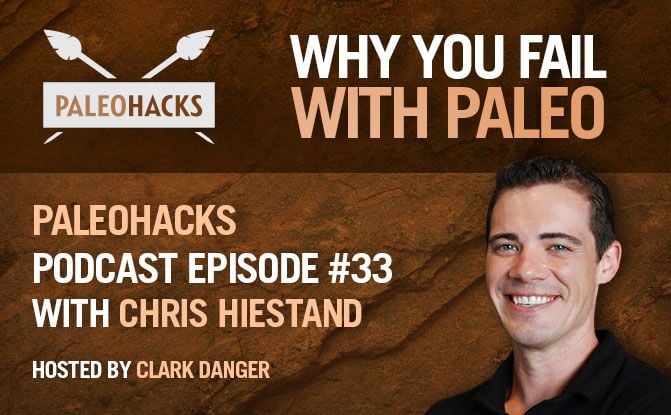


Show Comments